Humans
Sign up for our newsletter
We summarize the week's scientific breakthroughs every Thursday.
-
 Psychology
PsychologyA simple exercise on belonging helps black college students years later
Black college freshmen who did a one-hour training on belonging reported higher professional and personal satisfaction years later.
By Sujata Gupta -
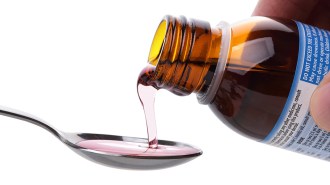 Health & Medicine
Health & MedicineSome existing drugs might fight COVID-19. One may make it worse
Maps of interactions between coronavirus proteins and host proteins point to drugs that may slow viral growth, but cough medicine may stimulate growth.
-
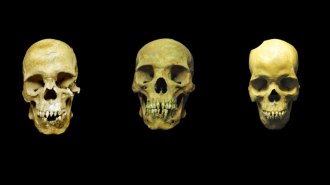 Anthropology
Anthropology16th century skeletons suggest the slave trade brought some diseases to Mexico
Slaves buried in a 16th century grave in Mexico had hepatitis B and yaws, suggesting the slave trade helped spread some versions of those diseases.
By Bruce Bower -
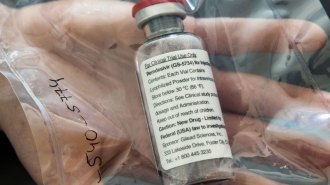 Health & Medicine
Health & MedicineRemdesivir is the first drug found to block the coronavirus
Preliminary results suggest that an antiviral treatment speeds recovery from COVID-19.
-
 Health & Medicine
Health & MedicineTo end social distancing, the U.S. must dramatically ramp up contact tracing
Life after social distancing may involve apps that ask you to self-isolate after you’ve been near someone who tests positive for COVID-19.
-
 Health & Medicine
Health & MedicineVaping may damage the heart just as smoking does
Vapers and smokers showed similar signs of blood vessel damage, compared with people who didn’t smoke or vape.
-
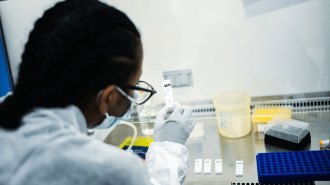 Health & Medicine
Health & MedicineWhat coronavirus antibody tests tell us — and what they don’t
Antibody tests can give a clearer picture of who has been infected but don’t guarantee immunity for those who test positive.
-
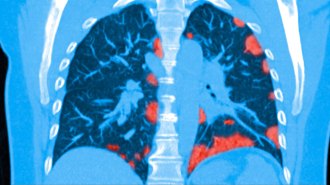 Health & Medicine
Health & MedicineSome patients who survive COVID-19 may suffer lasting lung damage
Results from a study in China suggest that some COVID-19 patients will be left with long-term lung problems.
By David Cox -
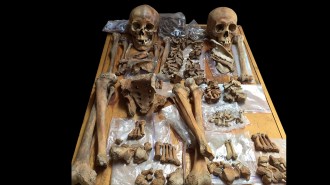 Anthropology
AnthropologySkeletal damage hints some hunter-gatherer women fought in battles
Contrary to traditional views, women in North American hunter-gatherer societies and Mongolian herding groups likely weren’t all stay-at-home types.
By Bruce Bower -
 Humans
HumansIt’s time to stop debating how to teach kids to read and follow the evidence
Most children need help learning to read, but there’s long-standing disagreement on how best to help them. Decades of research have identified the most effective approaches.
By Emily Sohn -
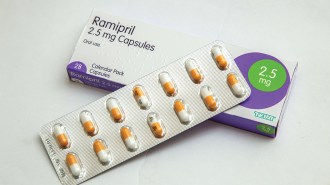 Health & Medicine
Health & MedicineDrugs for high blood pressure don’t appear to make COVID-19 worse
Drugs commonly used to treat hypertension did not lead to more severe cases of the coronavirus infection or higher mortality in hospitalized patients.
-
 Health & Medicine
Health & MedicineCOVID-19 kills more men than women. The immune system may be why
Countries with sex-specific data report more men than women are dying of the coronavirus. Women’s stronger immune response may give them a leg up.